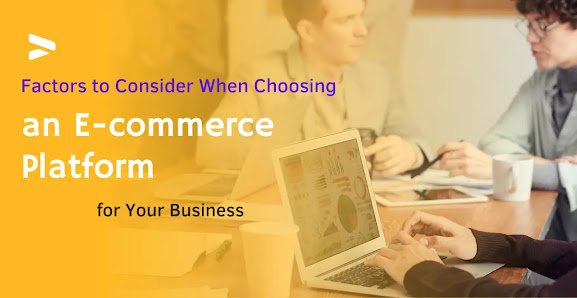In today's digital age, e-commerce is a critical component of many businesses' growth strategies. With the rise of online shopping...
In today's digital age, e-commerce is a critical component of many businesses' growth strategies. With the rise of online shopping, it's essential to have an online store that is user-friendly, secure, and able to provide the functionality and features your customers expect. But with so many e-commerce platforms available, choosing the right one for your business can be challenging.
In this blog, we will explore the key factors to consider when selecting an e-commerce platform, including budget, ease of use, customization, features and functionality, security, and support. By evaluating each of these factors, you can make an informed decision and select the e-commerce platform that best meets the needs of your business.
Factors to Consider When Choosing an E-commerce Platform for Your Business
Outlines
- Budget
- Ease of use
- Customization
- Features and functionality
- Security
- Support
- Conclusion
- Budget
- Ease of use
- Customization
- Features and functionality
- Security
- Support
- Conclusion


No comments